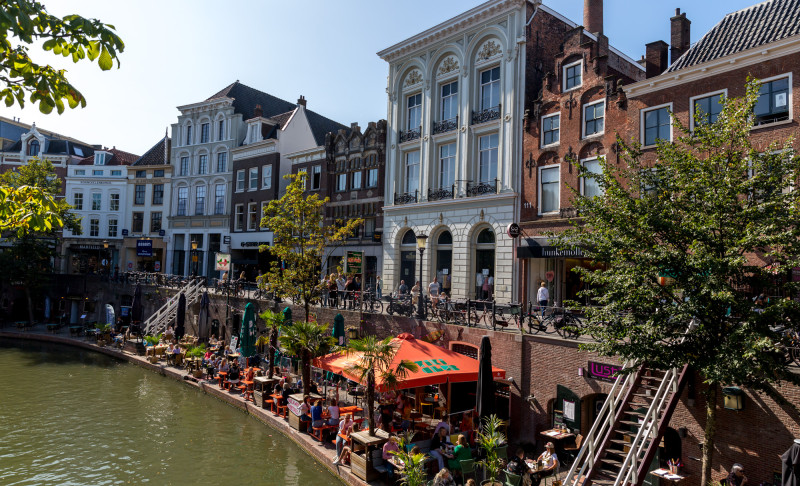
Exploring Culture through Data: Digital methods & Data practices
Are you curious, eager to learn and would you like to have an enriching experience during your summer holidays? This course would make a great opportunity!

Are you curious, eager to learn and would you like to have an enriching experience during your summer holidays? This course would make a great opportunity!
The accelerating datafication of society constitutes challenges and opportunities for humanities research. We welcome you, students and non-students, to join us in this crash course in data practices and digital methods.
This course will acquaint you with (methodological) fundamentals of data practices in the Digital Humanities. These will include data collection, data preparation, data visualisation, critical data and algorithm studies. You will get an introduction to programming and you learn to apply a critical data perspective. Prior skills in data methods are not required. All we ask is a strong willingness to learn. Besides training these skills, you will work in small teams on a hands-on case. To top it off, guest speakers from several fields will share their experiences with data practices.
Data School is an Utrecht University platform for teaching data analysis and digital methods, for the exploration of datafication through (applied) research projects in cooperation with societal partners.
As our world gets increasingly connected and mediatised, input and expertise from the humanities and social science becomes essential to understanding the dynamics, ethics and pragmatics of a datafied society (José van Dijck, 2017).
Datafication of culture
Culture is datafied at a terrifying pace. Not only are cultural artefacts digitised, social interaction online is automatically recorded and commodified. Everyday activities, movements, transactions, communications and environmental properties are stored either through (applications on) mobile phones, or the countless sensors, camera's and other measurement devices spread out over the public spaces. Aside from the profound impact these data repositories have for society at large, they also constitute challenges and opportunities for research in the humanities. The need to occupy ourselves with data practices is twofold: 1) 'big data' affect society at large and the more it transforms the social and cultural domain, the more humanities scholars are needed to put their distinct expertise to use in describing, analysing and conceptualising the datafied society. 2) the data and analysis tools change research agendas as they can be used for analysing culture.
Studying culture through data
We will host a full week of workshops, tutorials and guest lectures. In this course, you get acquainted with some of the (methodological) fundamentals of data practices in the Digital Humanities. You learn how to apply data analysis for research and how to review and inquire the data practices and tools. The days will be filled with tutorials and workshops in order to acquire methods and tools. The week will also be filled with lectures by prominent guest speakers from various backgrounds. And it does not stop there. By the end of the week you will be able to work on a real-world case. In small teams you apply your freshly gained skills.
Data School
Driven by our research interest into datafication and how it affects citizenship, participation in deliberative processes, the public sphere and cultural production, we conduct our research within the societal domains of public management, (public) media and the public space. Using our own practice of entrepreneurial scholarship, we develop services and products that are useful for partners within said domains.
This course is aimed at participants from a wide range of disciplines (e.g. media and culture studies, anthropology, sociology, journalism, public administration, philosophy, and others), with no prior skills in data methods, but a strong willingness to learn.
A basic understanding in digital methods and data analysis.
An overview of current data practices and tools used in various fields of the humanities to carry out research.
An understanding for the epistemic impact of data practices and data analysis tools.
The ability to apply this knowledge to carry out a small data research project.
The summer school will be a full work week (40 hours). In this week, we expect your full commitment.
REDUCED FEE: €400,- for students accepted in the (pre-)MA New Media & Digital Culture or the (pre-)MA Applied Data Science at the Utrecht University / €500,- for other UU students. Please include in your short motivation if you are a UU student / if you are entitled to the reduced fee.
Please note that the student fee only applies to UU students.
For this course you are required to upload the following documents when applying: